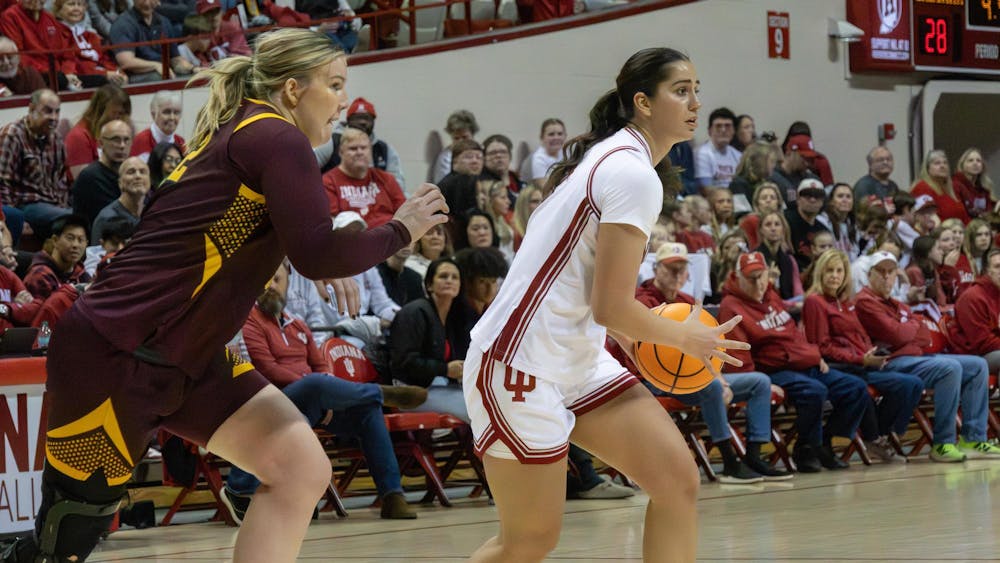INDIANAPOLIS – Adults and adolescents years removed from common childhood diseases should receive booster vaccinations against whooping cough to avoid spreading the potentially deadly disease to infants, health officials and immunization advocates say.
A booster vaccine that provides protection against whooping cough, tetanus and diphtheria will be required of all students attending Indiana schools in grades 6 through 12 beginning next year, said Kristen Ryker, a preventable disease immunologist with the Indiana State Department of Health.
Whooping cough, also known as pertussis, causes 10 to 20 deaths per year in the United States. It caused two deaths of infants younger than 6 months old in Indiana as recently as 2006, the Indiana Adult Immunization Coalition said in a recent report.
The disease is most severe in infants, and about half the children under age 1 who get it need to be hospitalized, the Centers for Disease Control and Prevention reports.
About one child in 10 who gets whooping cough also contracts pneumonia, and about
1 in 50 have convulsions.
It takes three vaccinations during a child’s first year to provide full protection.
Adolescents and adults also catch whooping cough, albeit with milder symptoms, and put younger children around them at risk, said Dr. Roland Grieb of Terre Haute, the immunization coalition’s former chairman.
“The reservoir for whooping cough is frequently adults and teenagers,” Grieb said. “It may be that people say, ‘I’m not at risk and I’m not going to get sick,’ but we put others at risk.”
From only about 1,000 reported cases nationwide in 1976, whooping cough has become more common, with more than 25,000 cases in 2005, the coalition said. In Indiana, after only about 100 cases in 2003, the state had more than 350 reported cases in 2004, a peak of 396 in 2005, and 280 in 2006.
Indiana had 271 cases last year and 127 through the first seven months of 2009, Ryker said. The disease occurs year-round.
“What we are seeing is not unexpected,” Ryker said, noting the cyclical nature of the disease.
Whooping cough, which is spread by bacteria, is one of the most common vaccine-preventable childhood diseases, according to the CDC. It spreads through coughs and sneezes, and many children who contract it caught it from older siblings.
At first its symptoms are like those of the common cold, with sneezing, runny nose, fever and a mild cough. After one or two weeks, coughing spells can turn more severe, occurring violently and rapidly, until all air has left the lungs and the patient must inhale with a loud “whooping” sound.
About 94 percent of children in Indiana are properly vaccinated, but the effectiveness wanes over time, Grieb said, leaving adolescents and adults vulnerable. The coalition said Indiana had about 100 cases in 10- to 19-year-olds in 2004 and 2005 and more than 80 in 2008.
“After a certain length of time, immunity does wane and people become susceptible again,” said Dr. Joan Duwve, medical director for the state health department.
Adults and adolescents should receive a booster shot called “Tdap” – for tetanus, diphtheria and pertussis – that became available in 2005, Grieb said. However, many adults don’t stay current on the boosters, which are recommended every 10 years.
“Adults usually get a tetanus booster when the occasion arises that they need it,” Grieb said.
The Tdap vaccine is covered by Hoosier Healthwise, the federal Vaccines for Children program and the Healthy Indiana Plan medical savings account for low-income adults, Ryker said.
Health group says adults should have whooping cough shots
Get stories like this in your inbox
Subscribe





